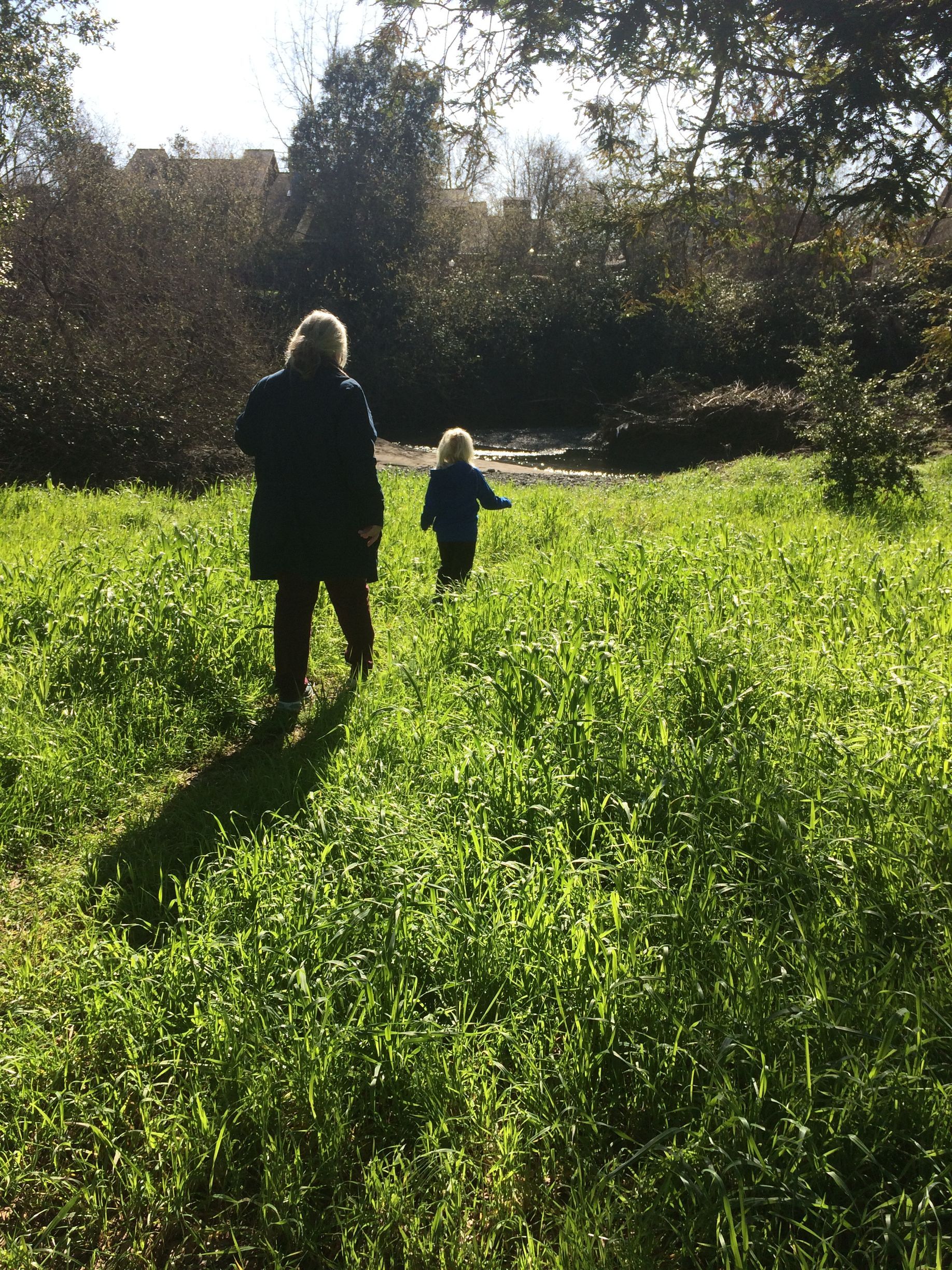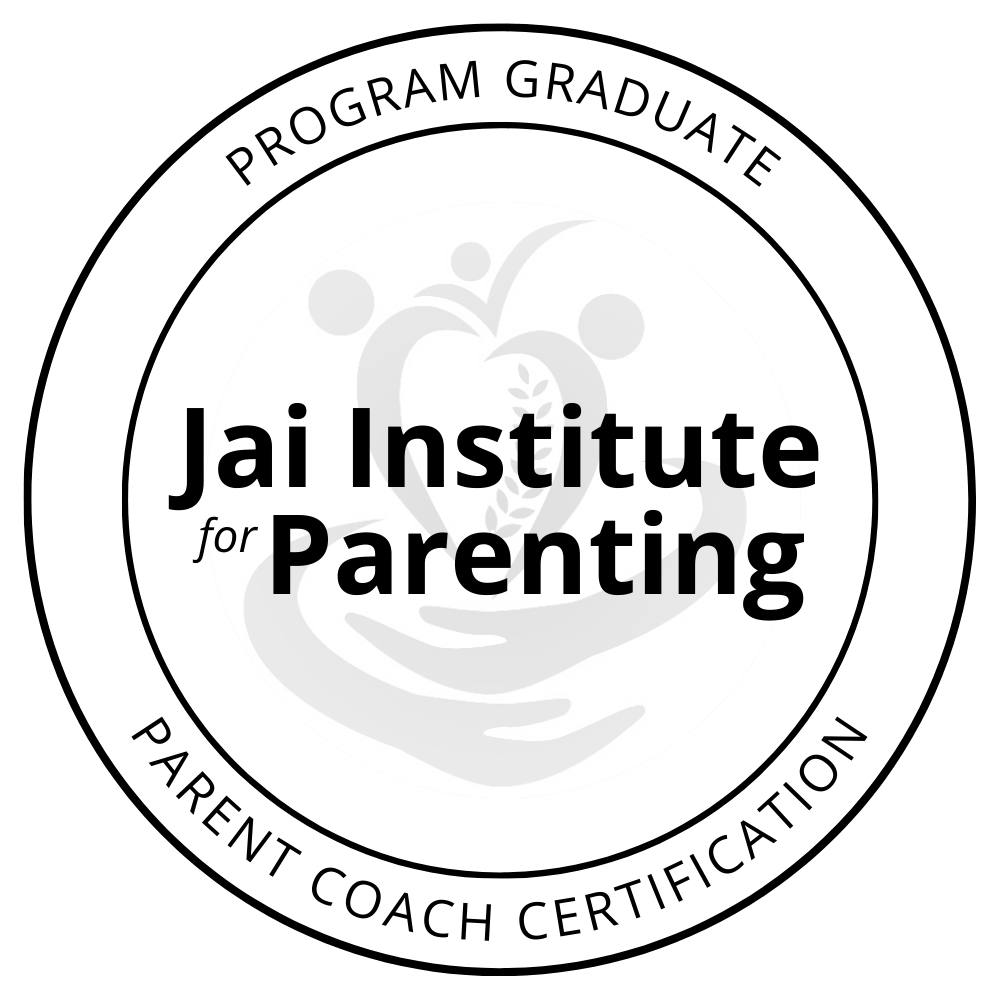Parenting in Uncertain Times: Navigating Fear and Anxiety
Coping Strategies for Parents
Parenting is a journey filled with love, joy, and laughter, but it's also one that comes with its fair share of challenges. In today's world, where uncertainty seems to be the only constant, the challenges of parenting can feel magnified. How do we, as parents, navigate through the fear, anxiety, and uncertainty that seem to lurk around every corner? What do we do when faced with situations that shake us to our core and threaten the safety and well-being of our children?
Imagine this scenario: your child comes home from school one day and tells you about a disturbing incident. They have seen pictures of the incident circulating on social media. Your heart races, panic sets in, and you're overwhelmed with fear for your child's safety. Later, you receive a notification about a school lockdown across town due to an explosion. Each consecutive day brings new alerts from the school reporting threats of violence and then copycat threats. Despite the reassurance that you are ultimately safe, the constant barrage of threats and violence has left your minds and bodies buzzing with apprehension. How do you cope with the flood of emotions - fear, anger, despair - that threaten to engulf you? And how do you support your child, who is undoubtedly experiencing their own big emotions, fears, and anxiety?
Here are some coping strategies grounded in nervous system science, brain development, mindfulness, non-violent communication, and the support of a parent coach:
- Regulate Your Nervous System: Our bodies have a natural response to stress, known as the fight-flight-freeze response. In moments of crisis, it's crucial to regulate our nervous systems to avoid being overwhelmed by fear and anxiety. Practice deep breathing exercises, progressive muscle relaxation, or mindfulness meditation to calm your body's stress response and bring yourself back to a state of balance.
- Validate Your Emotions: It's okay to feel afraid, angry, or overwhelmed when faced with uncertainty and danger. Acknowledge and validate your emotions without judgment. Find healthy outlets for expressing and processing your feelings, whether journaling, talking to a trusted friend or therapist, or engaging in creative activities like painting or music. When possible, take time to process your feelings away from your child so you can show up for them grounded and secure in emotional safety. Getting outdoors, playing with friends, or participating in physical activity is a great way for your child to release tension and anxiety. Limiting time on social media will benefit you both.
- Practice Mindfulness: Mindfulness involves bringing awareness to the present moment without judgment. Cultivate mindfulness practices in your daily life to help you stay grounded and centered amidst chaos and uncertainty. Whether it's mindful breathing, mindful walking, or simply pausing to notice the sensations in your body, mindfulness can help you respond to challenges with clarity and compassion.
- Use Non-Violent Communication: When communicating with your child about frightening events, it's essential to approach the conversation with empathy and understanding. Use non-violent communication techniques to create a safe space for your child to express their feelings and concerns. Listen actively, validate their emotions, and offer reassurance and support without minimizing or dismissing their experiences.
- Seek Support from a Parent Coach: Parenting in uncertain times can feel isolating and overwhelming, but you don't have to navigate it alone. Consider seeking support from a parent coach who can provide guidance, encouragement, and practical strategies for managing fear and anxiety. A parent coach can help you cultivate resilience, strengthen your parent-child relationship, and develop coping skills that empower you and your child.
Parenting in uncertain times requires courage, resilience, and a willingness to navigate through the unknown with grace and compassion. By practicing self-regulation, validating emotions, cultivating mindfulness, using non-violent communication, and seeking support from a parent coach, you can calm your own fears and anxieties so you can better support your child through life's challenges. Remember, you are not alone on this journey, and together, we can weather the storms and emerge stronger and more resilient than ever before.
Meghan Brand Stauf | Privacy Policy











